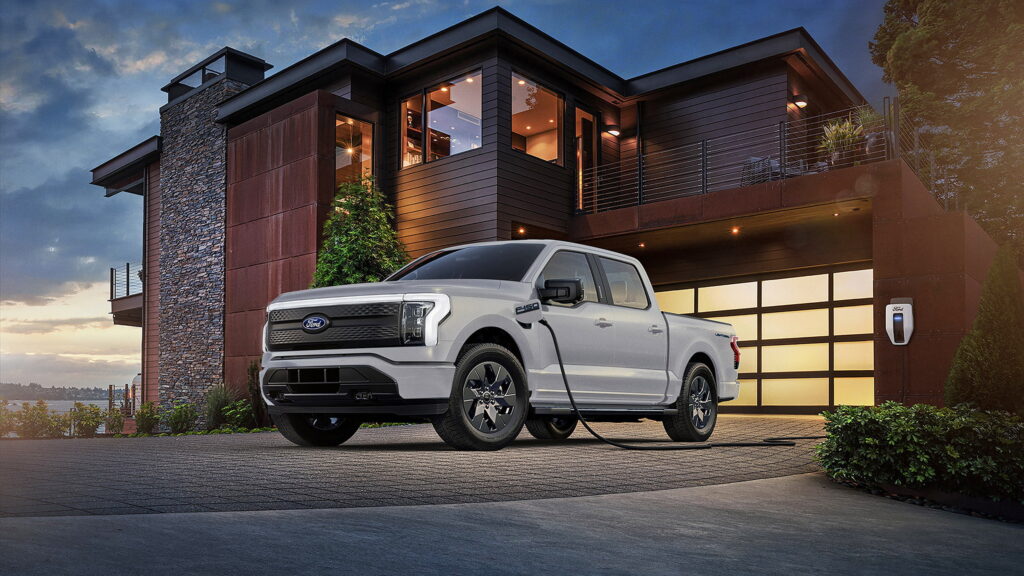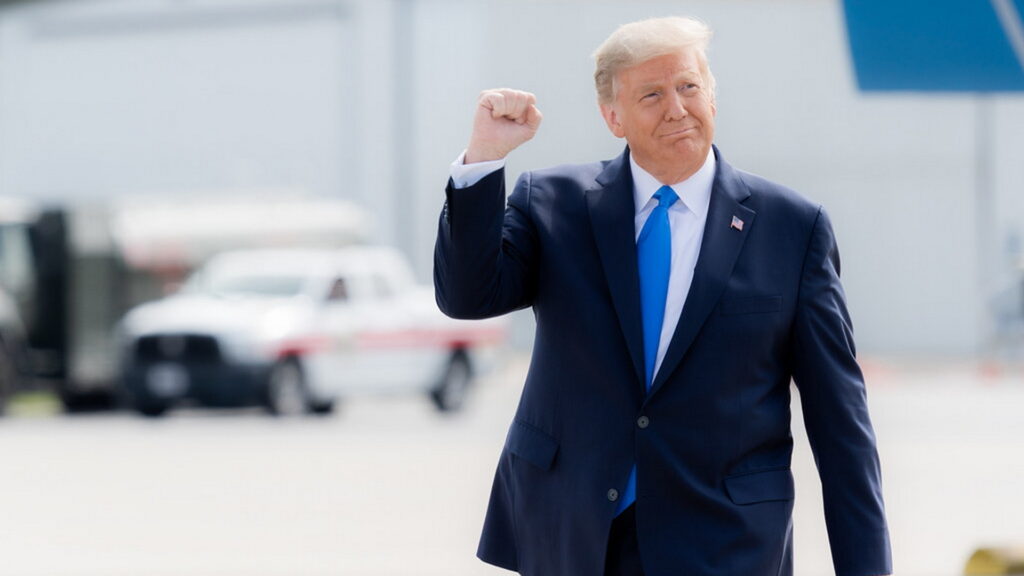- The president of NADA is concerned about the impacts of removing tax credits.
- Alliance for Automotive Innovation boss John Bozzella says the US is well behind China.
- Ford chief executive Jim Farley says production credits are “critical” for the auto industry.
The incoming Trump administration is poised to reshape industries across the United States, and the auto sector is bracing for potential seismic shifts. Among the most pressing concerns is the anticipated elimination of the $7,500 federal tax credit for electric vehicles (EVs), a move that industry leaders fear could cripple the local EV market.
John Bozzella, head of the Alliance for Automotive Innovation, which represents nearly all major U.S. automakers (Tesla excluded), has already reached out to the administration. Speaking at the Detroit Auto Show, Bozzella shared that he’s sent a letter to Trump emphasizing the critical role the auto industry plays in the nation’s economy.
Read: Bill Ford Hopeful Trump Will Help US Car Industry, Not Worried About Musk
“It’s a new administration and a new Congress,” Bozzella said in an interview with The Detroit News. “I think there will be a reassessment of how much risk there is. My job is to deal with risks, so I want to make sure that we make a compelling argument about how important a competitive industry is to our national and economic security, and how supporting the industrial base and its shift to cutting-edge technology is important.”
Lagging Behind in the EV Race
According to Bozzella, the US is 10 to 15 years behind China in the race to electrification. Under the Biden administration’s Inflation Reduction Act (IRA), huge subsidies were provided to encourage companies to develop and manufacture EV batteries in the US. More than $100 billion was invested into the US battery supply chain under Joe Biden’s presidency.
Bozzella also highlighted the growing gap between the US and global competitors in the race toward electrification. He estimates that America is 10 to 15 years behind China in EV development and production, a sobering reality for an industry that’s heavily reliant on government incentives to stay competitive.
Under the Biden administration’s Inflation Reduction Act (IRA), more than $100 billion was funneled into the US battery supply chain to encourage domestic EV battery manufacturing. These subsidies, which include a $35-per-kilowatt-hour production credit, have been instrumental in driving investment and enabling automakers to convert factories in the Midwest to EV production.

Automakers need credits
Ford CEO Jim Farley also emphasized just how crucial these production credits are to the auto industry. “The production credit is critical for our industry, and it will be a significant impact for our industry if it goes away,” Farley said. “Many of our plants in the Midwest that have converted to EVs depend on the production credit. We would have built those factories in other places, but we didn’t.”
The president of the National Automobile Dealers Association (NADA), Mike Stanton, is particularly worried about tax credits being cut. He says there’s no appetite for continuing the credit within federal transition teams but is pushing for at least a ramp-down of the credit.
“If the EV mandates go away, we’re no longer chasing a government made-up target but we’ve got all of these vehicles on our lot, like 200,000 vehicles, $7 billion worth of inventory, and all of a sudden they became $7,500 more expensive to sell,” he said. “We need time to work out of the inventory that we have, time to work with our manufacturers, maybe to adjust programs, pricing so that we don’t make everything effectively $7,500 more expensive right away.”




